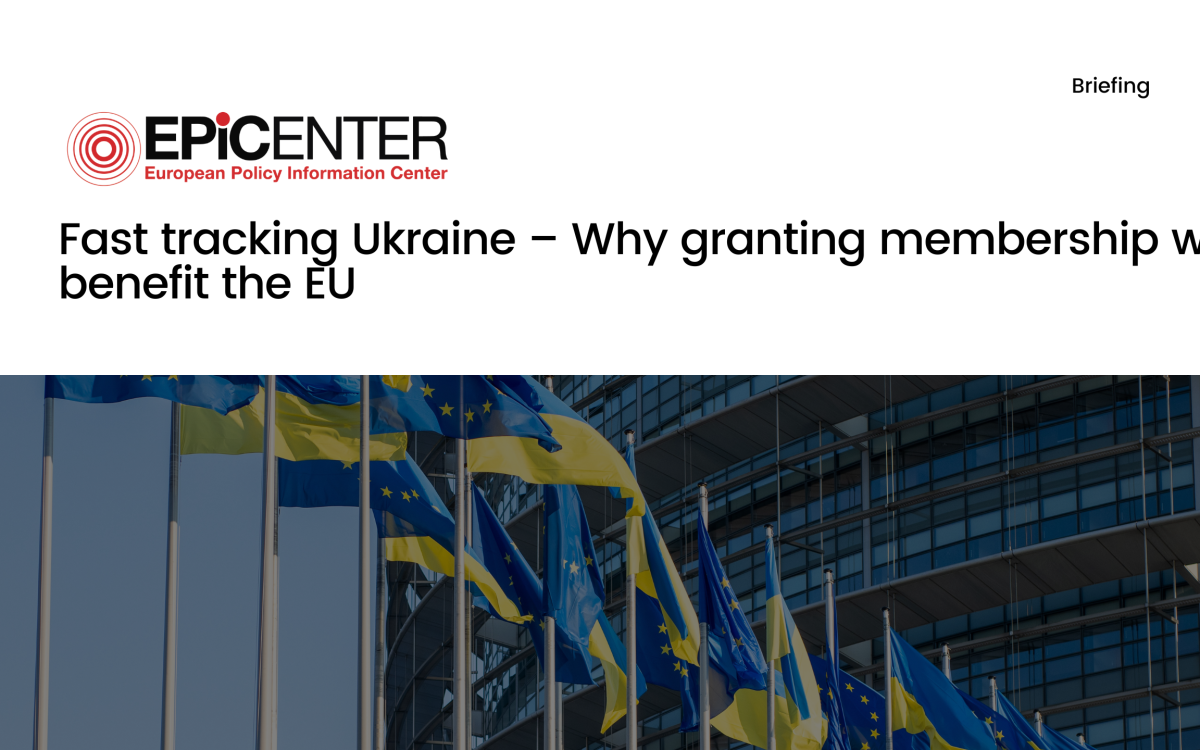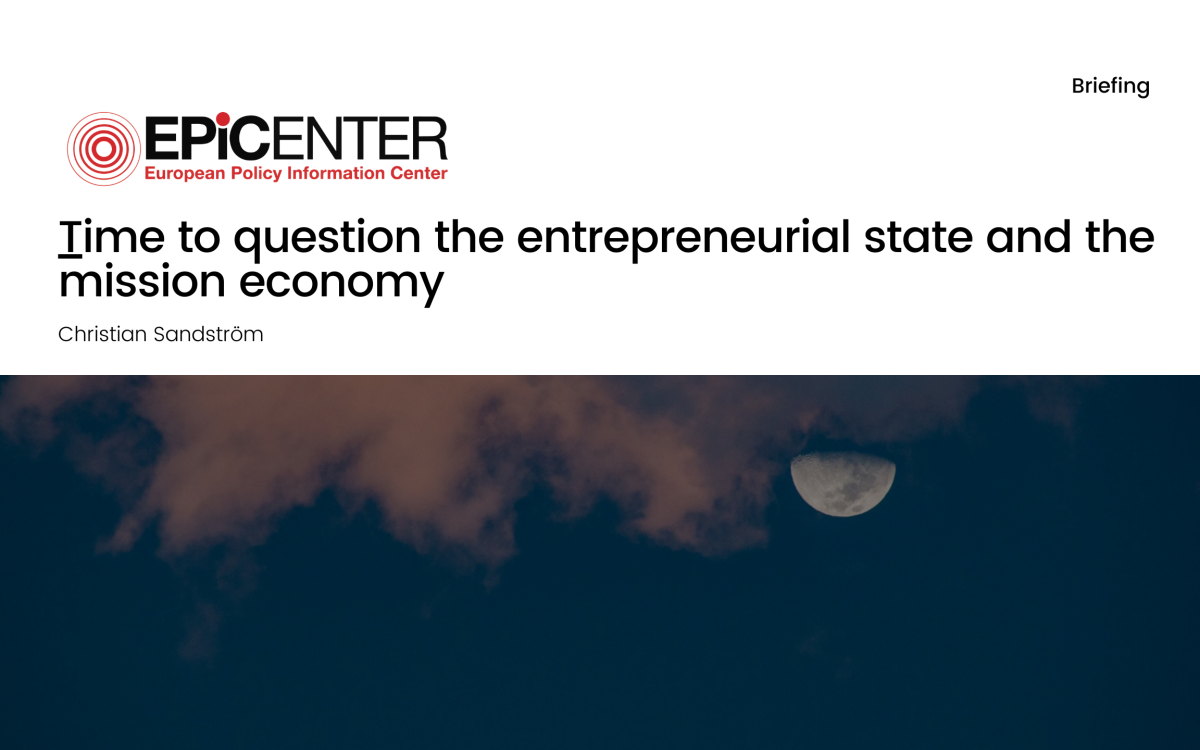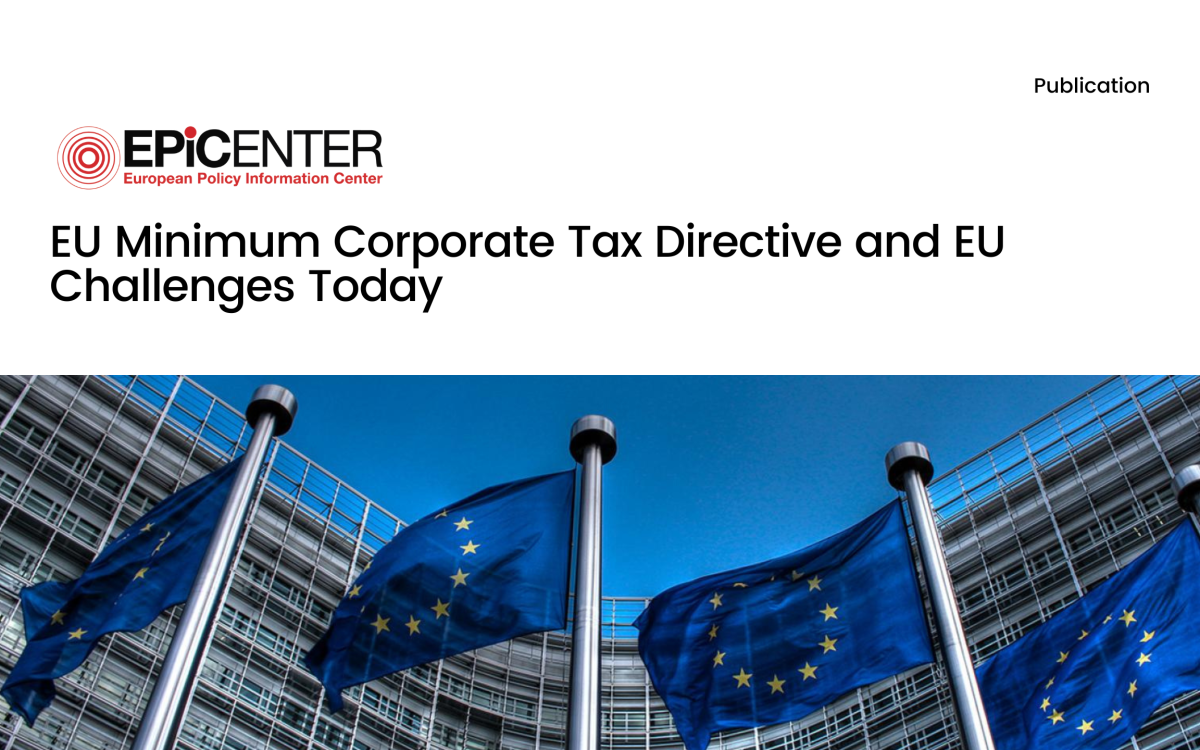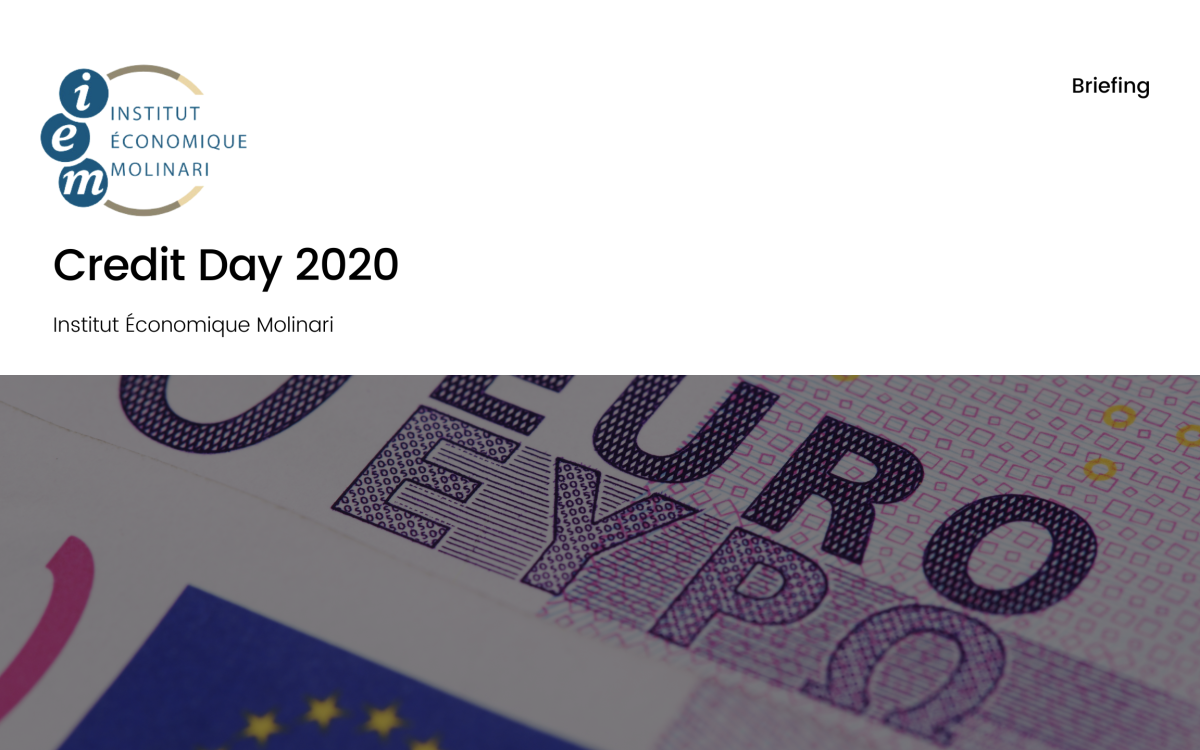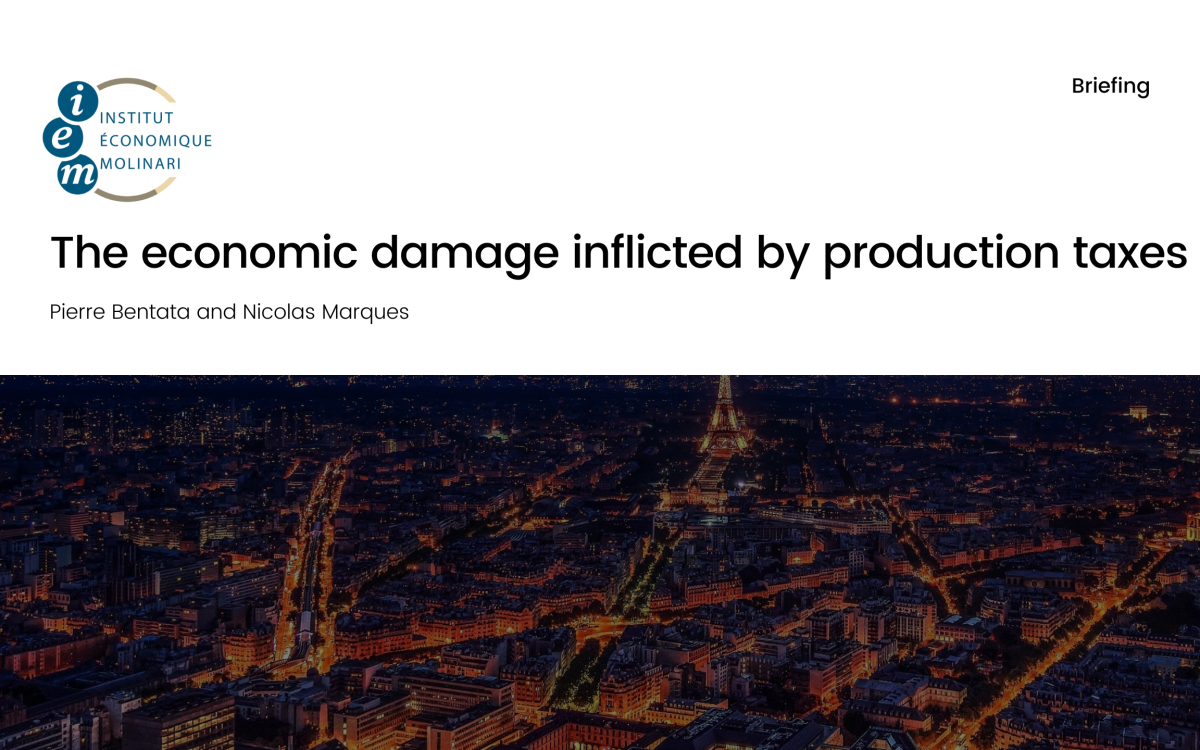This website uses cookies so that we can provide you with the best user experience possible. Cookie information is stored in your browser and performs functions such as recognising you when you return to our website and helping our team to understand which sections of the website you find most interesting and useful.
- All
- Blog
- Briefings
- Digital Briefings
- Digital Publications
- Energy & Environment Briefings
- Energy & Environment Publications
- Finance Briefings
- Finance Publications
- Fiscal & Taxation Briefings
- Fiscal & Taxation Publications
- Foreign Policy Briefings
- Foreign Policy Publications
- Health & Lifestyle Briefings
- Health & Lifestyle Publications
- Media
- Publications
- Regulation Briefings
- Regulation Publications
- Rule of Law Briefings
- Rule of Law Publications
- Trade Briefings
- Trade Publications
